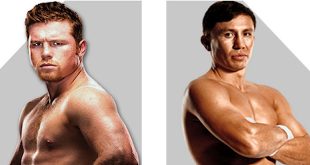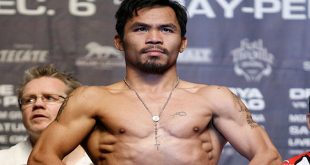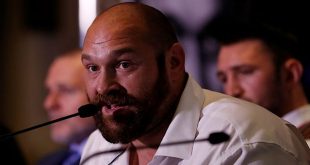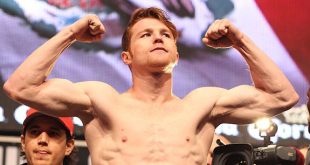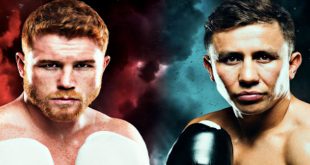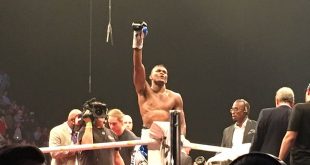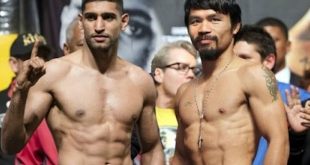Cuba is a country that holds several visual images when you contemplate the island nation. From Fidel Castro’s beard and way of running his country, to warm temperatures, the 1980’s classic Scarface, Florida and the Spanish language are all mental points we may share while studying this country. Another unknown trait Cuba carries is the strong hold of creating some of the best boxers in the sport in the realm of the Olympics. We have experienced this sight of boxing excellence in the Olympics and other world competitions. For political reasons, the Cuban boxers usually stay in their homeland, making way with being loyal to their country and not jumping into the American way of doing sports, which can supply high cash rewards and fame. Imagine the many talented boxers that have faded away in their homeland with the pride of defending their country and not being able to fight professionally. One such fighter who can be placed into that “what if” land of promise is Teofil Stevenson, a Cuban heavyweight in the 1970’s that captured the attention of American promoters.
At six-feet-three-inches and 220-pounds, he was a force in the boxing ring. A boxer with a concrete based right hand, footwork consisting of speed and a reach that he used to his advantage. In 1972, Teofil entered the Munich Games at the age of twenty and defeated all three of his opponents by knockout. The year of 1976, in Montreal, he dominated the opposition and earned the gold, along with defeating all three opposing boxers in record fashion in seven minutes and twenty-two seconds. Teofil’s last gold medal would come in Moscow in 1980.
Imagine Teofil entering the ring against the likes of Muhammad Ali, Joe Frazier, George Foreman and other well-represented and talented heavyweights of the 1970’s. It would have added to the heavyweight division in a very positive way. This is a man that achieved the honor of three gold medals and nine straight Olympic knockouts. Even if you add in the amateur factor as not being the real meaning of being a professional boxer, one can only use Teofil’s accomplishments as a measuring stick of growing in the right direction. The whole influence of so many Cuban trainers in the past Olympics is evidence that the Cuban boxing regiments of hard training, disciplined concentration along with ring generalship, is a method worth studying.
Out of the seventy-two countries that sent boxers to the 2004 Olympics, thirteen used Cubans as their boxing coaches. It’s astounding to wonder about the everlasting potential Teofil Stevenson would have had on the professional boxing world. Teofil displayed the light for Cuban boxers to follow. You can use the examples of Felix Savon who displayed his athletic boxing skills in three Olympics and earning three gold medals to the professional boxer Joel Casamayor, who we can use as a platform for the benefits of going professional in the boxing world. If you want to gain two lessons from the Teofil Stevenson way of doing things, they would be old school lessons, something that has vanished in today’s society in both sports and relationships in total. Loyalty and keeping your word. Those are two precious stones which have no monetary value.
Shaun Rico LaWhorn can be reached at filmmakers_revolution@msn.com
 Boxing News Boxing News
Boxing News Boxing News
